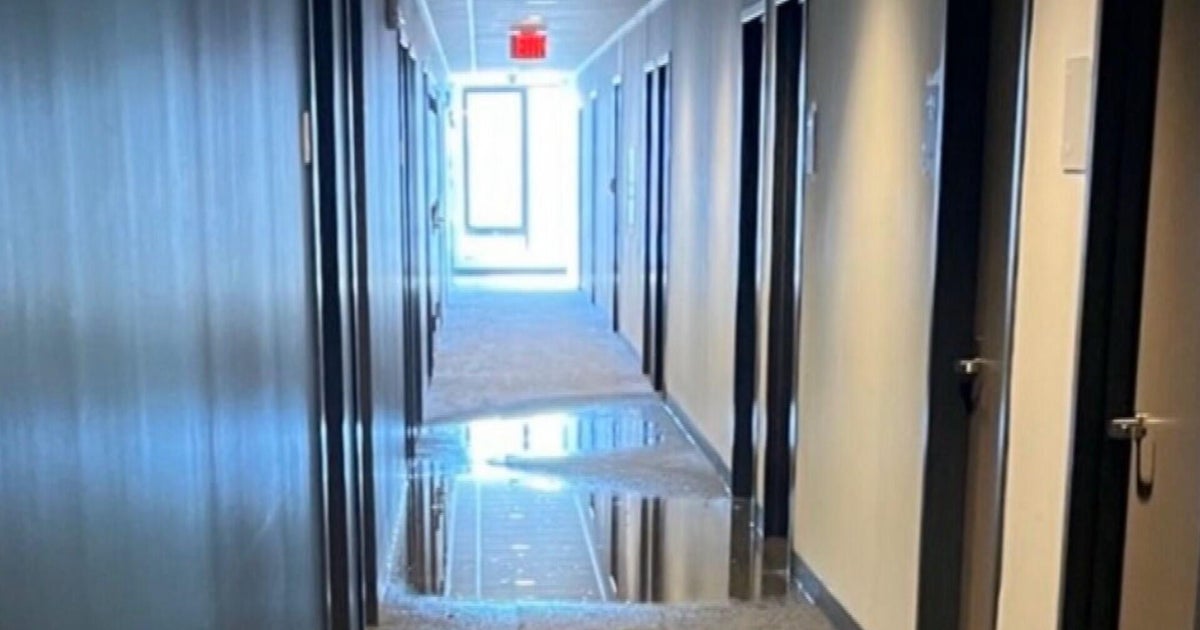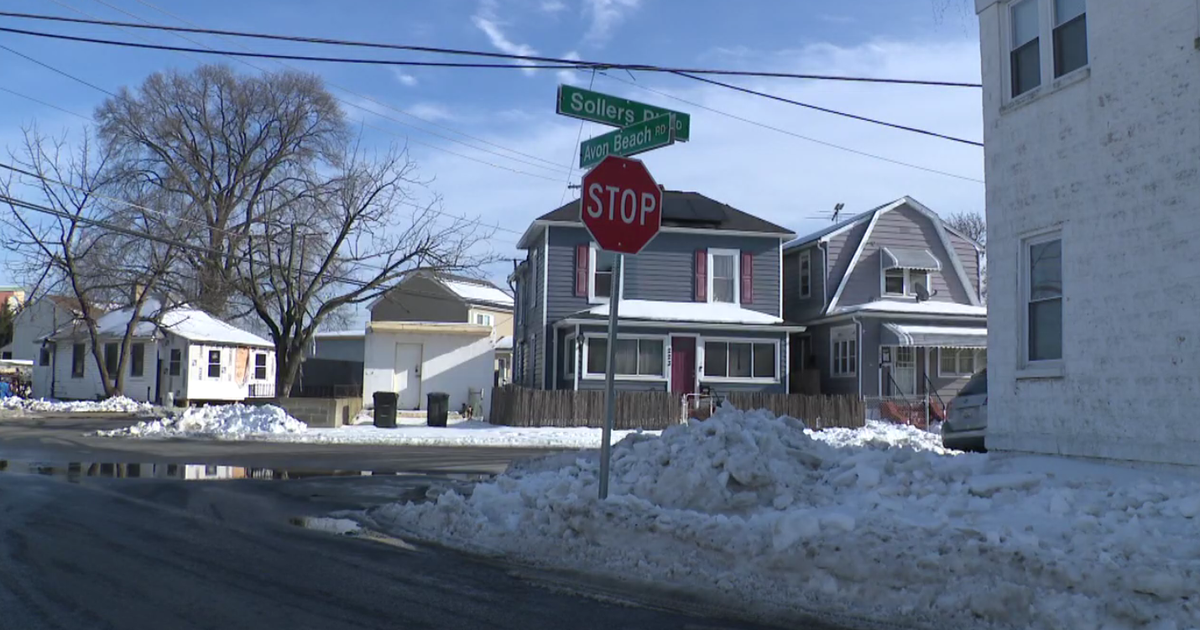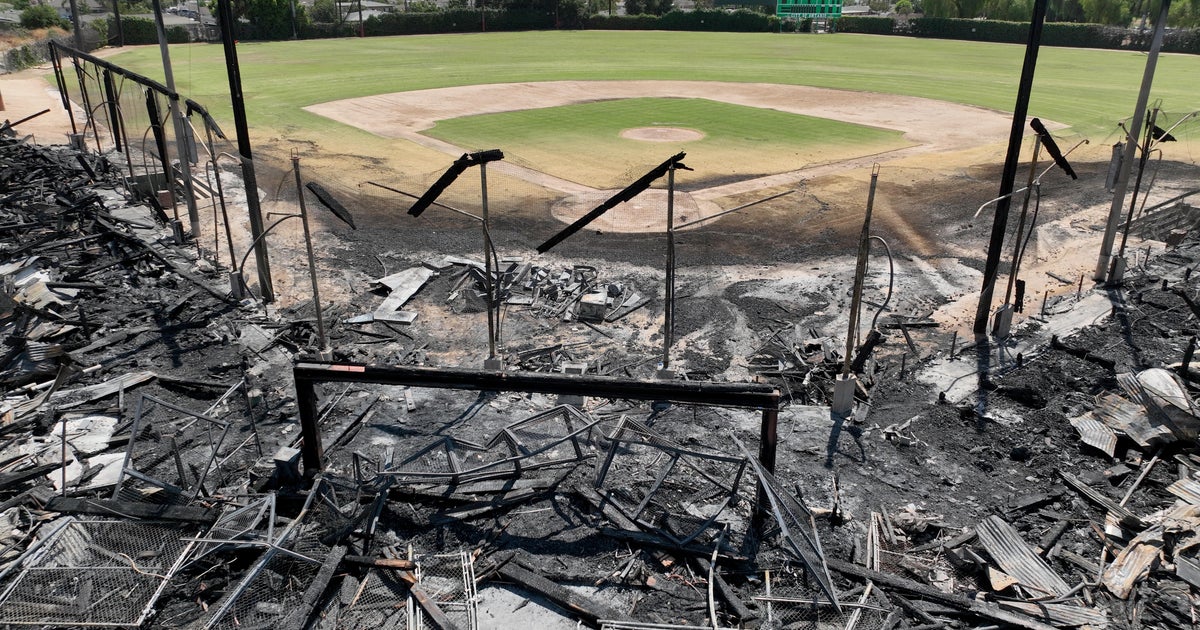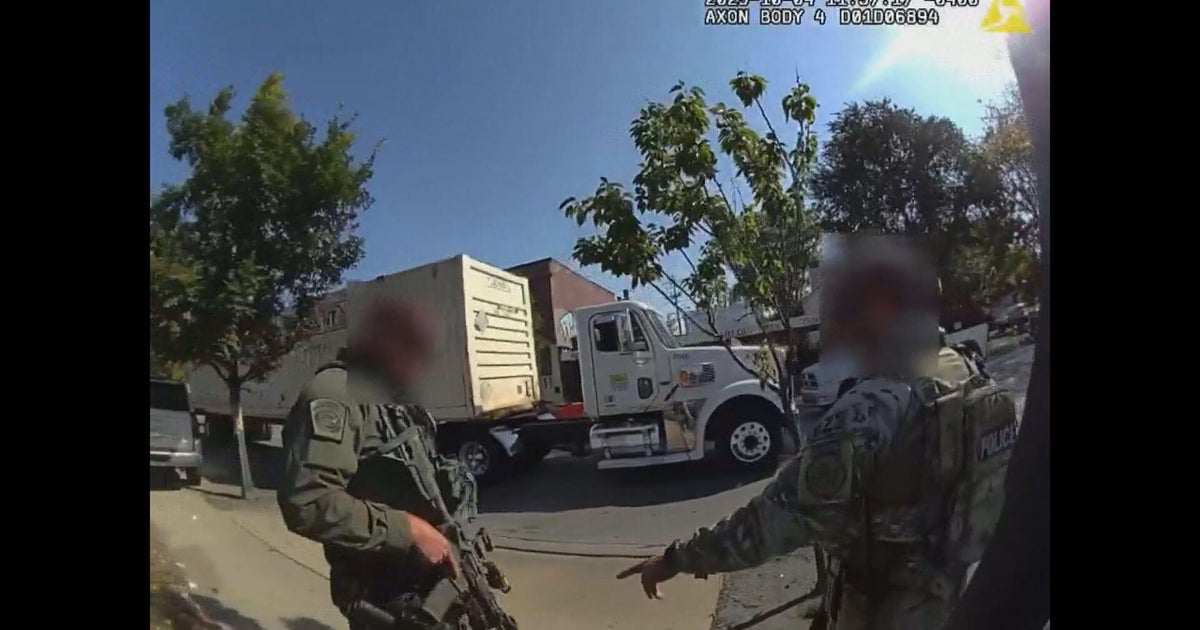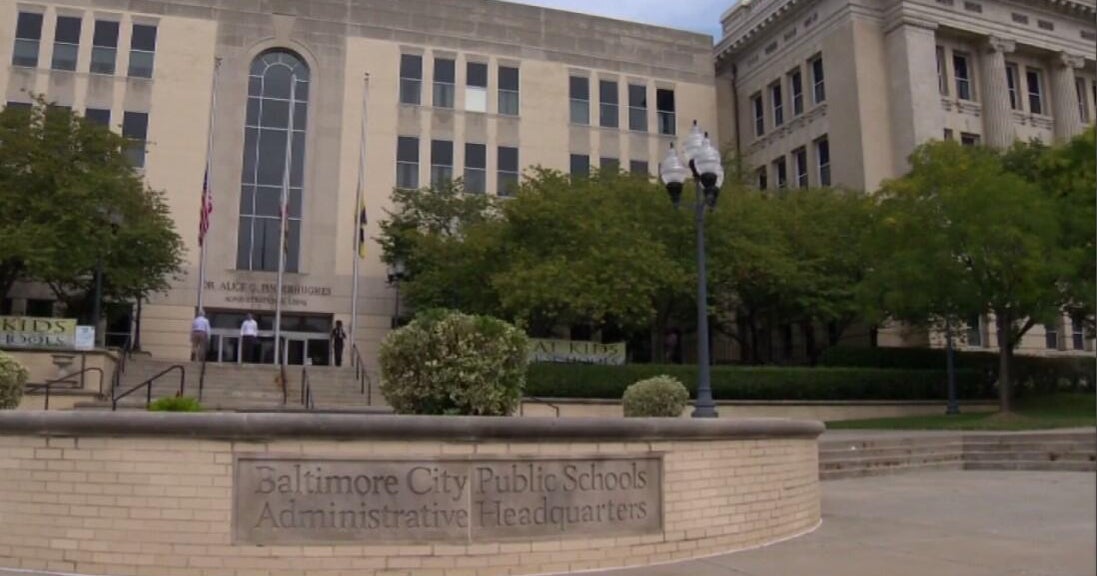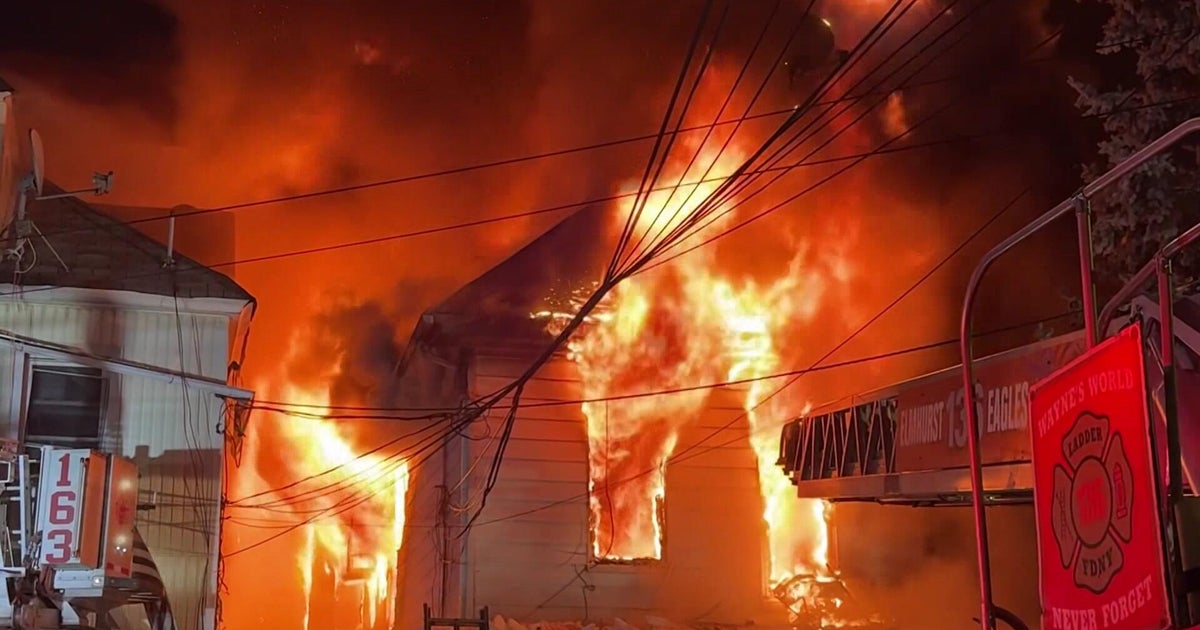Leveling Neighborhoods & Outlawing Rent Control, A Look Back At Boston Housing
BOSTON (CBS) – If you look at images of Boston from the 1950s, many sites are familiar, the historic Faneuil Hall building hasn't changed much, and the State House looks the same as well.
Downtown Crossing has changed quite a bit, but some familiar buildings remain like the Paramount Theater.
What is not so familiar is the condition of the housing in Boston during that time. A program produced by WBZ-TV in 1957 paints a grim picture of life many of Boston's neighborhoods. Images show rundown tenement houses, broken windows and a general state of despair.
According to Suffolk University history professor Bob Allison, Boston was in a period of decline during the 50's. The population was falling and the industrial base was gone.
"So Boston really is a tired old city as most cities in the Northeast were at that time. The housing stock itself as in decay," he explained.
Boston Neighborhoods Then And Now [Drag For Next Photo]
But city leaders had a plan to change that with help in the form of millions of dollars from the federal government. It was called Urban Renewal. Entire neighborhoods were leveled to make room for new development.
"Urban Renewal itself comes about as a good hearted effort to not have people living in slums, in places where there is no hot water or no heat," he said.
One of those neighborhoods was called the New York Streets neighborhood in the South End. The streets were named for cities in New York, like Albany Street, which is the only one that remains today. The remaining streets were cleared to make room for industrial buildings, including the Boston Herald. That neighborhood has been reinvented again and is now known as the Ink Block.
The New York Streets neighborhood was the boyhood home of longtime community activist, Mel King who takes issue with the way the media at the time described his neighborhood.
"It talks about my living in a slum. We called it home," he said.
King says the neighborhood will never regain its diversity or sense of community.
"It was the best neighborhood in the planet. We ha 35 different ethnic groups," he said, recalling how tightly knit the families were.
The same was true for the West End, another culturally diverse neighborhood that was cleared for new development. Anyone who has been to the TD Garden will probably remember one of the last remaining row houses in that area. It's a three-story brick building that stands all by itself.
Back in the 50s that neighborhood was filled with homes just like that. They were leveled to make way for new apartment buildings.
According to Allison, while Urban Renewal was designed to create new and better housing, it also created another problem.
"Because the people who were living there, primarily renters, can't afford to live in the new area. You are creating a housing for a different class of people," he said.
Many residents of these neighborhoods were outraged by the plan to take away their homes, staging protests and standing up to police. Some WBZ archive footage shows people protesting Urban Renewal along North Harvard Street in Allston.
The North End neighborhood was spared from the wrecking ball, but the city did redevelop the land along the waterfront section of the neighborhood. Aerial photos of that area during the 50's show how much that area has changed.
Jump ahead to the 1990's and affordable housing takes another blow when Massachusetts voters outlawed rent control. Thousands of people saw their rents rise overnight.
WBZ Flashback: The Battle Over Rent Control
There has been a flood of new building in Boston, but the luxury high-rises are out of reach for much of the population in need of housing. It's a problem Bob Allison believes could change the face of the city.
"People with subsidies can afford to live in public housing, really wealthy people can afford the condos, and it's really the middle class that we are squeezing out," he said.
We want to hear the stories of what you're going through when it comes to housing in our area. Tell us your story by emailing newstips@wbztv.com.
